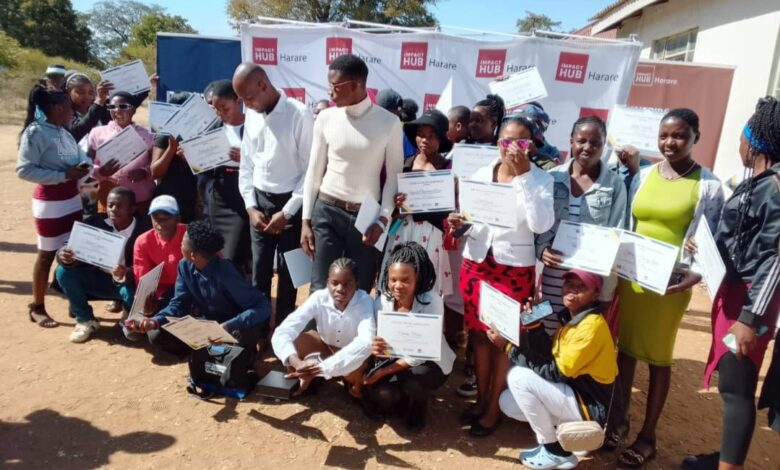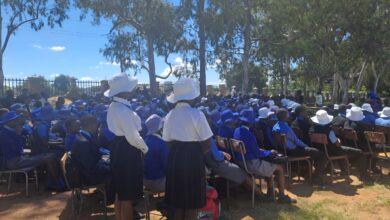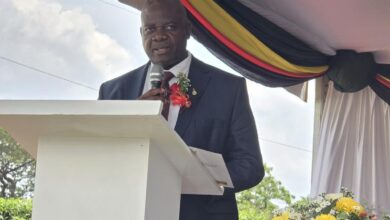53 Tsholotsho youths graduate with life-changing skills

Fortune Nkomo
Tsholotsho, Zimbabwe – Fifty-three youths from Tsholotsho District have graduated from a five-month skills training program hosted at the Tsholotsho District Vocational Training Centre — a landmark moment in their journey towards self-reliance and entrepreneurship.
The initiative, spearheaded by Impact Hub Harare in collaboration with Plan International and funded by the Swedish Embassy, empowered participants with hands-on training in solar drying, soap making, 3D printing, and apiculture (beekeeping).
A festive graduation ceremony held at the centre saw family members, local leaders, and community stakeholders gather to celebrate the milestone. Representing the District Development Coordinator’s office, Mr. Douglas Mashoko encouraged the graduates to formalize their skills by registering cooperatives or launching startups and to continue using the facility’s Makerspace equipment.
> “We encourage graduates to register cooperatives or startups and make use of the Makerspace equipment to scale their innovations,” he said.
The ceremony was not just celebratory but also reflective. Graduates performed a powerful drama capturing the stereotypes and challenges they overcame in their pursuit of skills certification.
Top achievers were recognized, with Joachim Israel Sibanda named Best Male Student and Sithokozile Dube receiving the Best Female Student award.
Ms. Sipho Dube, Programs Officer for the Ministry of Youth Empowerment, Development and Vocational Training, applauded the initiative’s design, highlighting its focus on employability and entrepreneurship.
> “This program was tailor-made to empower youths with practical, relevant skills — enabling them to either get employed, start their own businesses, or create jobs for others,” she said.
A standout achievement of the program was its strong female participation — 36 of the 53 graduates were women — challenging traditional gender barriers in technical and digital fields.
Impact Hub Harare Coordinator Mr. Tatenda Manuel expressed satisfaction with the project’s reach.
> “We are thrilled with how Tsholotsho youths embraced the project. These certifications are opening doors — some graduates have already secured jobs. Our goal is to empower youths aged 18–30 with digital and entrepreneurial skills to thrive in today’s world,” he said.
With their new skills, the graduates are now better positioned to contribute meaningfully to their communities and Zimbabwe’s broader development agenda.





